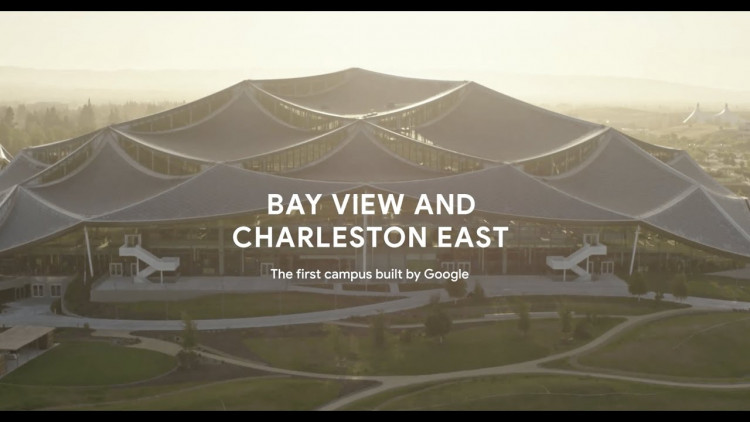Google opened its newest campus in Mountain View, California, this week, and executives say they hope to make it a place where employees in the company's advertising division feel more at ease returning to work for decades to come.
The "Bay View" complex, built on 42 acres adjacent to NASA's Ames Research Center in Mountain View, will house 4,000 personnel working on Google's ad products, supervised by Jerry Dischler, Google's VP of Ads. It has two office buildings, a 1,000-person event center, and 240 temporary hotel apartments for employees who are only in town for a short time.
Google makes the majority of its money from ads, yet it employs people all across the world. For the first quarter, the company recorded $54.66 billion in advertising revenue, up from $44.68 billion the year before.
It's also the company's first campus built from the ground up. According to a representative for Google, the business's other campuses are pre-existing structures that have been updated by the corporation.
The cost of the new campus was not disclosed by executives or spokespeople. However, it is one of 20 major projects that will receive roughly $10 billion in funding this year.
The Bay View campus is part of a larger Silicon Valley movement in which new buildings combine nature more fully with architecture. Similar design ideas are used by Microsoft's new Silicon Valley Campus and Apple's forthcoming Austin campus. In 2018, Facebook extended its Menlo Park facility to incorporate a Frank Gehry-designed office with greenery and big redwood trees.
Tech campuses are likewise concerned with sustainability, since corporations sell themselves in part by reducing their carbon footprints. Given how much carbon humans produce, some critics have questioned the effectiveness of some of the techniques.
Except for drinking water, the Bay View facility, which is roughly a mile from Google's Mountain View headquarters, will use recycled and rainwater. Cooling towers, toilet flushing, and irrigation will all benefit from the gathered water. By 2030, Google wants to recover 120% of the water it has used.
The new campus is inspired by Google's recently opened Manhattan campus's "biophilic design" philosophy. Green areas, natural light, and natural materials arise from such designs, which combine the natural world with modern building processes.
Every desk in Bay View, according to Google, will have a view of the outdoors. According to Google, the ventilation system uses 100% outside air, while traditional systems only use 20% to 30% outside air.
The new campus opens as the company gradually returns the majority of its staff to offices following two years of remote work during the COVID-19 pandemic.






